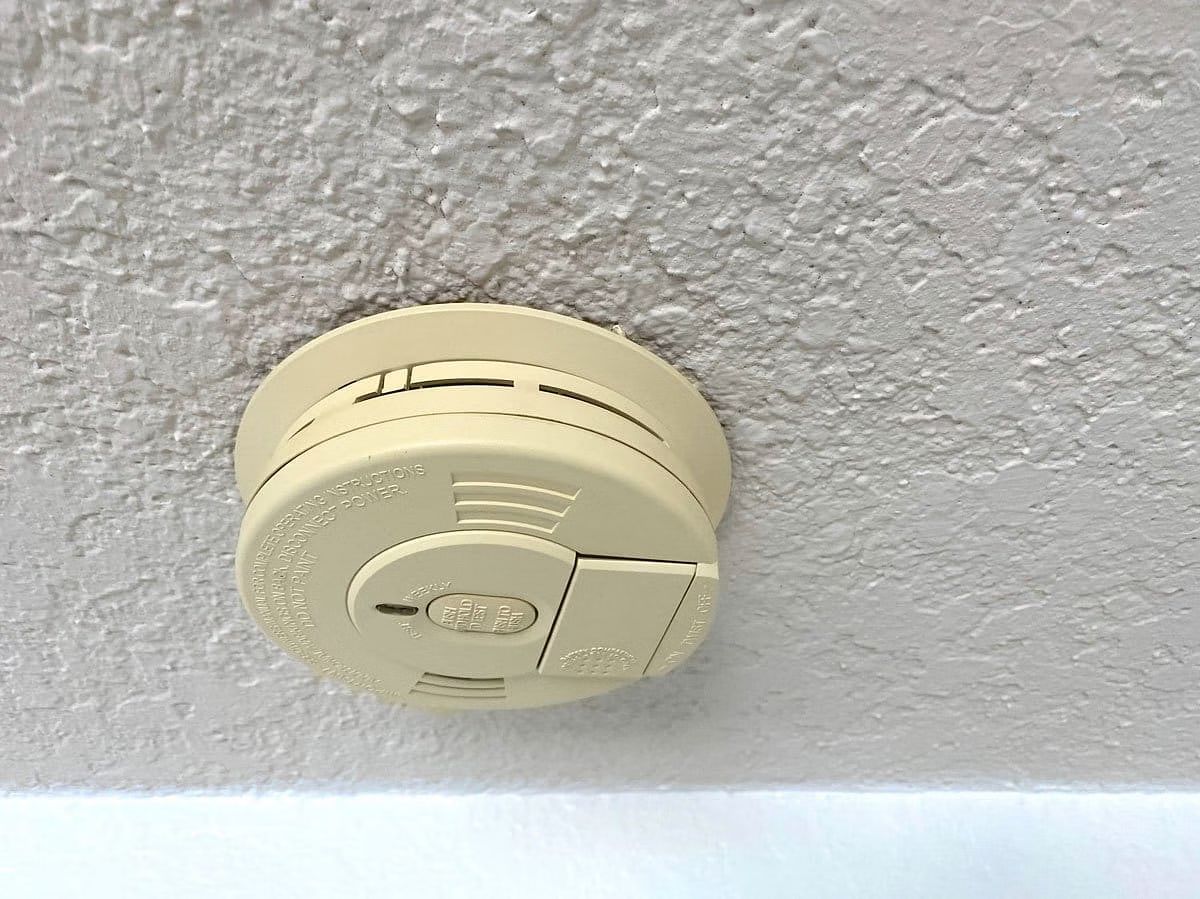

Articles
How Long Will A Smoke Detector Beep?
Modified: February 24, 2024
Learn how long a smoke detector will beep and find helpful articles on smoke detector maintenance and troubleshooting.
(Many of the links in this article redirect to a specific reviewed product. Your purchase of these products through affiliate links helps to generate commission for Storables.com, at no extra cost. Learn more)
Introduction
Smoke detectors are an essential part of every home’s safety system, alerting occupants to the presence of smoke and potential fire hazards. While these devices are crucial in detecting and preventing fires, they can also be a source of frustration when they start beeping. Whether it’s a low battery warning or a false alarm, the sound of a smoke detector beeping can be disruptive and alarming.
In this article, we will explore the duration of smoke detector beeping and the factors that can influence its duration. We will also discuss the different types of smoke detectors available, including traditional and smart smoke detectors, and how to silence and reset them.
Understanding the beeping duration of smoke detectors can help homeowners better prepare for such situations and effectively address any issues that may arise. So, let’s dive in and unravel the mysteries behind smoke detector beeping.
Key Takeaways:
- Understanding the reasons behind smoke detector beeping, such as low battery warnings, smoke detection, and false alarms, is crucial for homeowners to take appropriate actions and ensure the safety of their households.
- Whether opting for traditional or smart smoke detectors, regular testing, maintenance, and understanding how to silence and reset the devices are essential for homeowners to effectively address beeping issues and enhance home safety.
Read more: How To Turn Off A Beeping Smoke Detector
Understanding Smoke Detector Beeping
Smoke detector beeping is a crucial feature that alerts homeowners to potential fire hazards and ensures their safety. The beeping sound indicates that the smoke detector has detected smoke or a drop in battery power. Understanding the reasons behind the beeping can help homeowners determine the appropriate action to take.
One common reason for smoke detector beeping is a low battery. Most smoke detectors are equipped with a battery backup system that ensures they continue to function even during power outages. When the battery is running low, the smoke detector will emit a periodic beeping sound as a warning to replace the battery. It’s important to address low battery issues promptly to ensure the smoke detector functions properly.
In addition to low battery warnings, smoke detectors can also beep when they detect smoke or other fire hazards. This is a crucial safety feature that alerts homeowners to potential danger. When the smoke detector senses smoke particles in the air, it will emit a loud, continuous beeping sound to warn occupants to evacuate the premises. It’s important not to ignore this type of beeping, as it could indicate a real fire.
Another reason for smoke detector beeping is a false alarm. Sometimes, smoke detectors can be triggered by cooking fumes, steam, or dust particles in the air. These false alarms can be frustrating, but it’s important to understand that they are intended to ensure maximum safety. If you experience frequent false alarms, it may be necessary to relocate or clean the smoke detector to reduce the likelihood of false triggers.
Understanding the different types of beeping associated with smoke detectors is crucial in addressing any issues that arise. Whether it’s a low battery warning, a detection of smoke particles, or a false alarm, homeowners should take appropriate action to ensure the safety of their households.
Factors Influencing the Duration of Smoke Detector Beeping
The duration of smoke detector beeping can vary depending on several factors. Understanding these factors can help homeowners determine how long the beeping will last and take necessary steps to address the issue.
1. Low Battery Power: When the battery power of a smoke detector is low, it will emit a beeping sound as a warning. The duration of the beeping can vary depending on the specific smoke detector model and the remaining battery power. Typically, the beeping will continue until the battery is replaced or fully charged. However, it’s essential to consult the user manual or manufacturer’s guidelines to determine the exact duration of the low battery warning.
2. Detection of Smoke: When a smoke detector detects smoke particles in the air, it will emit a continuous beeping sound to alert occupants of potential fire hazards. The duration of the beeping in this case can vary depending on the amount of smoke detected and the sensitivity settings of the smoke detector. Once the smoke dissipates or is cleared from the area, the beeping will stop. It’s important not to ignore the beeping related to smoke detection, as it could indicate a genuine fire emergency.
3. False Alarms: Smoke detectors can sometimes be triggered by non-fire-related factors such as cooking fumes, steam, or dust particles. These false alarms can be disruptive and lead to unnecessary beeping. The duration of the beeping in false alarm situations can vary depending on the specific smoke detector model. Some detectors are designed to automatically reset and stop beeping once the air clears, while others may require manual intervention to silence the alarm.
4. Maintenance and Cleaning: Regular maintenance and cleaning of smoke detectors can significantly impact the duration of beeping. Over time, dust, debris, and insects can accumulate inside the smoke detector, affecting its functionality and potentially causing false alarms or prolonged beeping. It’s essential to clean the smoke detector periodically and follow the manufacturer’s guidelines for maintenance to ensure its optimal performance.
5. Type of Smoke Detector: The type of smoke detector can also influence the duration of beeping. Traditional smoke detectors typically emit a loud, continuous sound until the issue is resolved, such as replacing the battery or clearing the smoke. On the other hand, smart smoke detectors, equipped with advanced technology, may have additional features like smartphone notifications or voice alerts that provide more specific instructions and may have different duration patterns for beeping.
It’s crucial for homeowners to consider these factors when faced with smoke detector beeping. By understanding the reasons behind the beeping and the factors influencing its duration, homeowners can take the appropriate actions to address the issue and ensure the safety and functionality of their smoke detectors.
Traditional Smoke Detectors
Traditional smoke detectors have been a staple in households for many years and are widely used to detect smoke and potential fire hazards. These devices are typically battery-operated or connected to the home’s electrical system with a battery backup for uninterrupted functionality.
Traditional smoke detectors work by detecting smoke particles in the air. When smoke is detected, the detector triggers an alarm, usually a loud, continuous beeping sound, to alert occupants of potential danger. Some traditional smoke detectors may also have a flashing light to provide additional visual warnings.
One of the key features of traditional smoke detectors is their simplicity. They are relatively easy to install and require minimal ongoing maintenance. However, it’s crucial to perform regular checks to ensure the battery is functioning properly and replace it as needed. Traditional smoke detectors typically emit a high-pitched beeping sound when the battery power is low to indicate the need for battery replacement.
In terms of beeping duration, traditional smoke detectors will continue to emit the alarm sound until the smoke clears or the battery is replaced. This means that if the smoke detector is triggered by a genuine fire emergency, the beeping will persist until the issue is resolved or the device is silenced. It’s important to follow the manufacturer’s instructions to properly silence the alarm or evacuate the premises in case of a real fire.
In recent years, advancements in technology have led to the development of smart smoke detectors. While traditional smoke detectors continue to be widely used and reliable, smart smoke detectors offer additional features and benefits that may be appealing to homeowners.
Smart smoke detectors can be interconnected with other smart home devices, allowing for remote monitoring and control through smartphone apps. These interconnected devices can provide real-time notifications, send alerts to mobile devices, and even contact emergency services in case of a fire. Smart smoke detectors may also have different beeping durations and patterns, depending on the specific model and features.
Ultimately, whether homeowners choose traditional smoke detectors or opt for smart smoke detectors, having functional and well-maintained smoke detectors is essential for the safety and well-being of everyone in the household. Regular testing, maintenance, and battery replacement are important steps in ensuring the effectiveness of traditional smoke detectors.
Replace the batteries in your smoke detector every 6 months to ensure it continues to function properly and to prevent the annoying beeping caused by low battery.
Smart Smoke Detectors
Smart smoke detectors are the latest innovation in home safety technology, offering enhanced features and connectivity compared to traditional smoke detectors. These intelligent devices leverage advanced technology to provide homeowners with additional functionality and convenience when it comes to fire detection.
Smart smoke detectors are designed to be interconnected with other smart home devices, allowing for seamless integration and control. Through a smartphone app or a central hub, homeowners can remotely monitor and manage their smart smoke detectors, receiving real-time notifications and alerts in case of smoke detection or other fire hazards.
One of the key advantages of smart smoke detectors is their ability to provide more detailed information during an emergency. Instead of simply emitting a loud beeping sound, smart smoke detectors can send alerts to mobile devices, specifying the location and type of fire hazard detected. This additional information can be vital for quick and appropriate responses, allowing homeowners to take immediate action or contact emergency services if needed.
In addition to their advanced notification capabilities, smart smoke detectors often have built-in sensors that can detect different types of fire hazards, such as fast-burning fires or smoldering fires. This enables the detection of fire hazards at an early stage, providing valuable time for evacuation and minimizing potential damage.
Smart smoke detectors also offer convenience and peace of mind through various features. Some models can be integrated with a home’s existing smart home system, allowing for automated actions in response to a fire alarm. For example, smart smoke detectors can trigger smart lighting to guide occupants to safety or unlock doors for easier evacuation.
Beeping duration and patterns may vary for smart smoke detectors depending on the specific model and features. Some models may have customizable alarm sounds or adjustable volume levels, allowing homeowners to choose the most suitable option for their preferences and needs.
It’s important to note that while smart smoke detectors offer advanced features and connectivity, they should still be regularly tested and maintained. This includes periodic battery checks and replacements, as well as cleaning the device to ensure optimal performance.
Ultimately, smart smoke detectors provide homeowners with enhanced fire detection capabilities, connectivity, and convenience. Choosing a smart smoke detector can provide an added layer of safety and peace of mind for homeowners, as they leverage the benefits of modern technology to better protect their homes and loved ones from fire hazards.
Read more: Why Does A Smoke Detector Beep?
Silence and Resetting Smoke Detectors
When a smoke detector starts beeping, it’s essential to address the issue promptly to ensure the safety of your household. Depending on the cause of the beeping, there are specific steps you can take to silence and reset your smoke detector.
1. Low Battery Warning: If the beeping is due to a low battery, the first step is to replace the battery. Always consult the manufacturer’s instructions to determine the type of battery required for your particular smoke detector. Once you have the new battery, follow the instructions to safely remove the old battery and insert the new one. After replacing the battery, the beeping should stop. However, it’s a good practice to test the smoke detector to ensure it’s functioning correctly.
2. Smoke or Fire Detection: If the beeping is due to the detection of smoke or a fire hazard, it’s crucial not to ignore it. Evacuate the premises immediately and follow your household’s fire safety plan. Once you are at a safe location, contact emergency services to report the fire. Do not attempt to silence the smoke detector in this situation, as it is designed to warn you of potential danger.
3. False Alarm: If the beeping is a result of a false alarm triggered by cooking fumes or other non-fire-related factors, you can try to silence the smoke detector manually. Locate the reset button on the smoke detector; this is typically located near the battery compartment. Press and hold the reset button for a few seconds until the alarm stops. After silencing the alarm, it’s a good idea to ventilate the area to clear any lingering smoke or fumes.
In some cases, smoke detectors may have a “hush” or “silence” button specifically designed to temporarily silence the alarm. Pressing this button will typically stop the beeping for a predetermined period, typically 5-15 minutes, before the alarm reactivates if the smoke or fire hazard persists. This feature is helpful in situations where you need to temporarily silence the alarm, such as while you address a small cooking-related issue.
It’s important to note that silencing a smoke detector should only be done when it is safe to do so. If you are unsure about the cause of the beeping or if you suspect a genuine fire emergency, it’s always recommended to err on the side of caution and evacuate the premises.
Regular maintenance is crucial to ensure the proper functioning of your smoke detector. Periodically test the smoke detector using the test button to ensure it is operational. Additionally, clean the smoke detector regularly according to the manufacturer’s instructions to remove dust and debris that can interfere with its performance.
By following these steps and understanding how to silence and reset your smoke detector, you can effectively address beeping issues and ensure the ongoing safety of your household.
Conclusion
Smoke detectors are an essential component of every home’s safety system, providing early detection of smoke and potential fire hazards. Understanding the duration and causes of smoke detector beeping is crucial for homeowners to address issues promptly and ensure the ongoing safety of their households.
We have discussed the various factors that can influence the duration of smoke detector beeping, including low battery warnings, smoke detection, false alarms, maintenance, and the type of smoke detector. These factors play a key role in determining how long the beeping will last and the necessary actions to resolve the issue.
Traditional smoke detectors, with their simplicity and reliability, have been a popular choice for many years. They emit a loud, continuous beeping sound until the smoke clears or the battery is replaced. On the other hand, smart smoke detectors offer advanced features and connectivity, providing homeowners with enhanced fire detection capabilities and additional convenience.
When faced with smoke detector beeping, it’s important to take the appropriate steps to silence and reset the device. This may involve replacing the battery, evacuating the premises in case of a genuine fire emergency, or manually silencing the alarm in the case of a false alarm. Regular testing and maintenance of smoke detectors are also crucial to ensure their optimal functionality.
In conclusion, smoke detectors are a vital aspect of home safety, and understanding the duration and causes of beeping is essential for homeowners. By being knowledgeable about these factors and taking appropriate actions, homeowners can effectively address beeping issues, enhance their safety, and protect their loved ones and property from potential fire hazards.
Frequently Asked Questions about How Long Will A Smoke Detector Beep?
Was this page helpful?
At Storables.com, we guarantee accurate and reliable information. Our content, validated by Expert Board Contributors, is crafted following stringent Editorial Policies. We're committed to providing you with well-researched, expert-backed insights for all your informational needs.
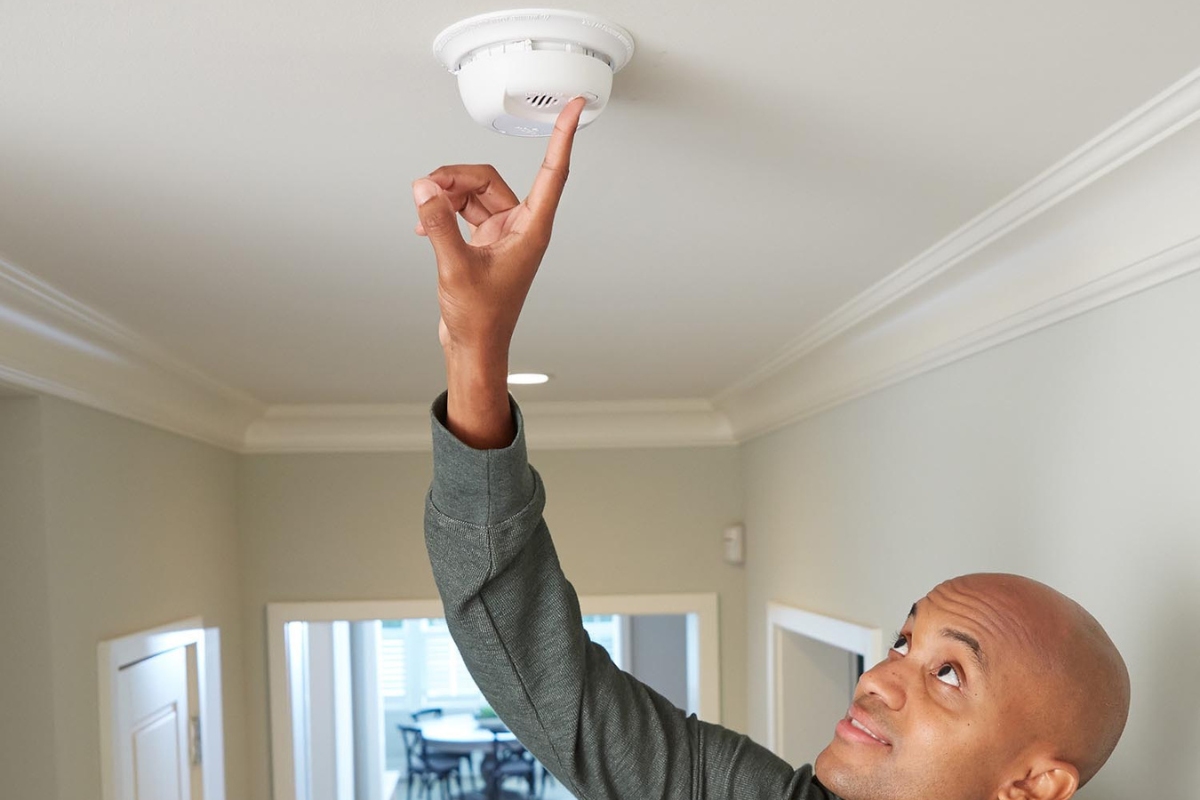
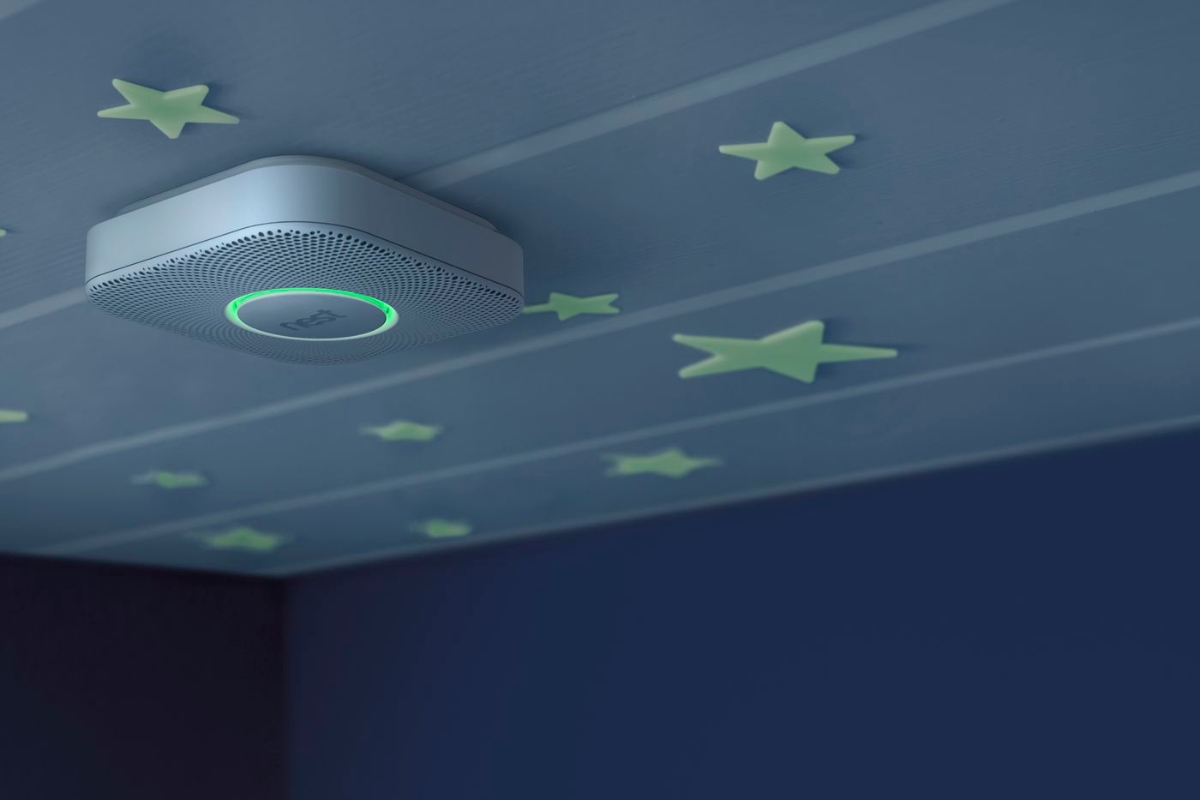
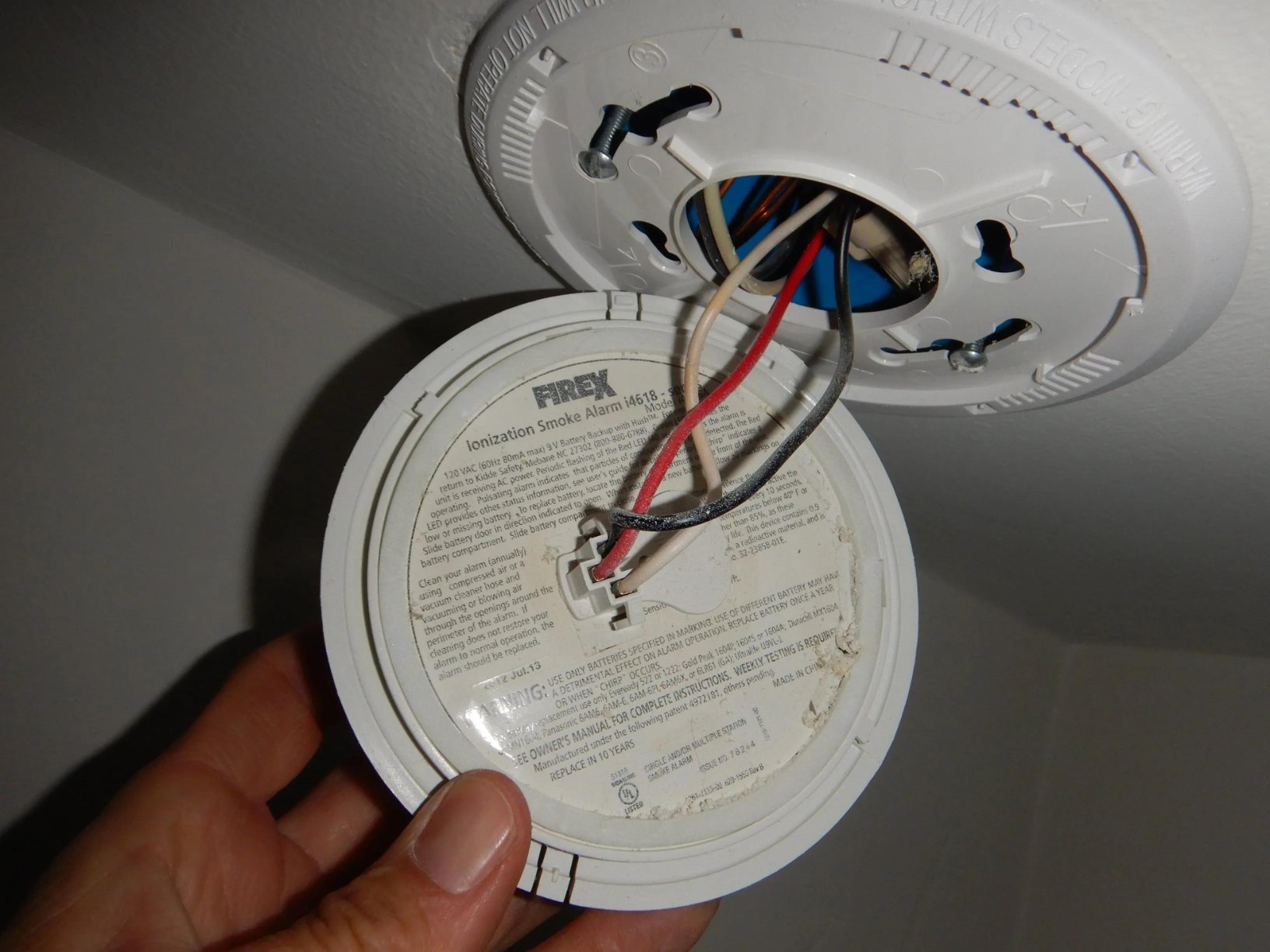
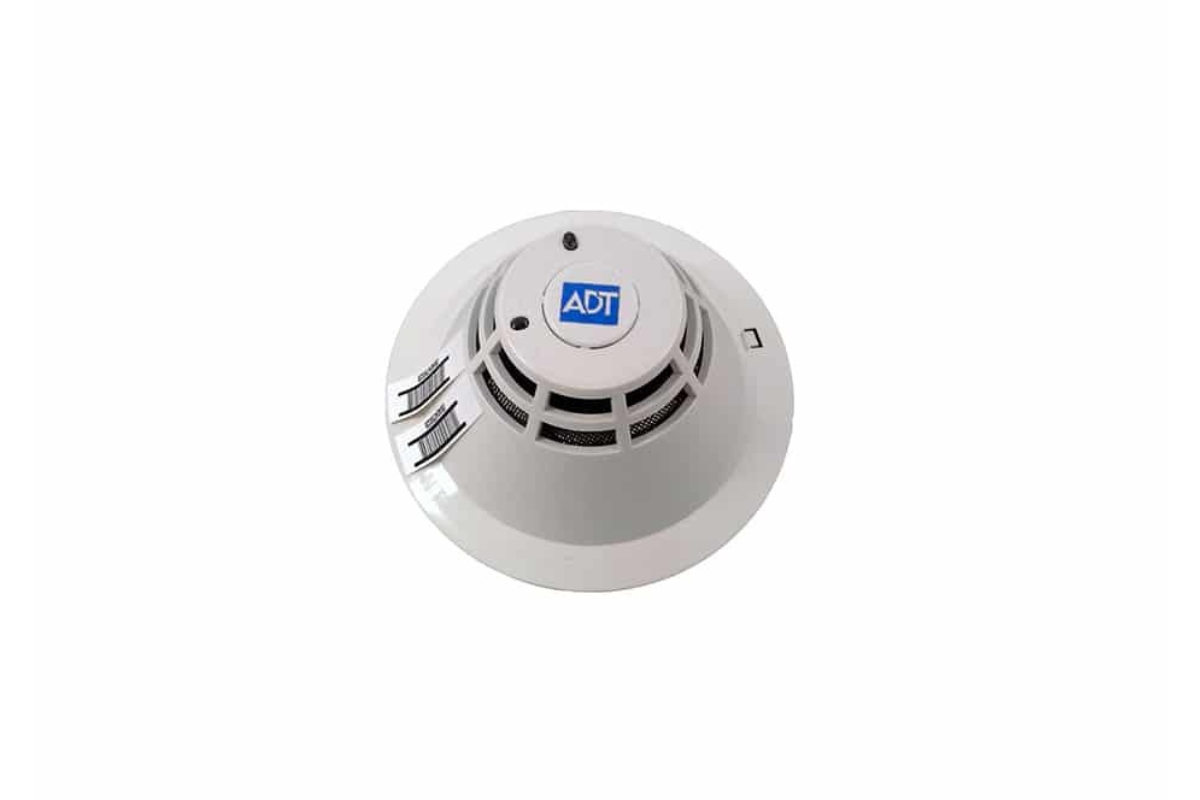

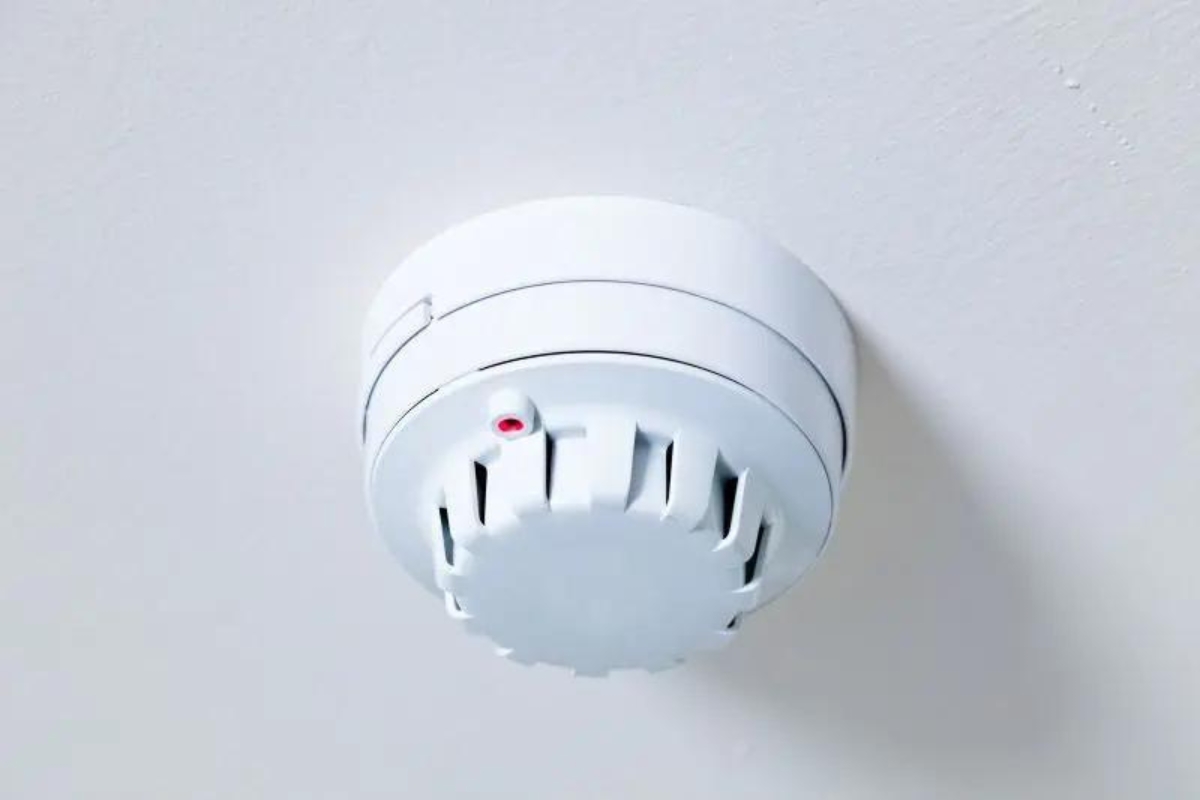
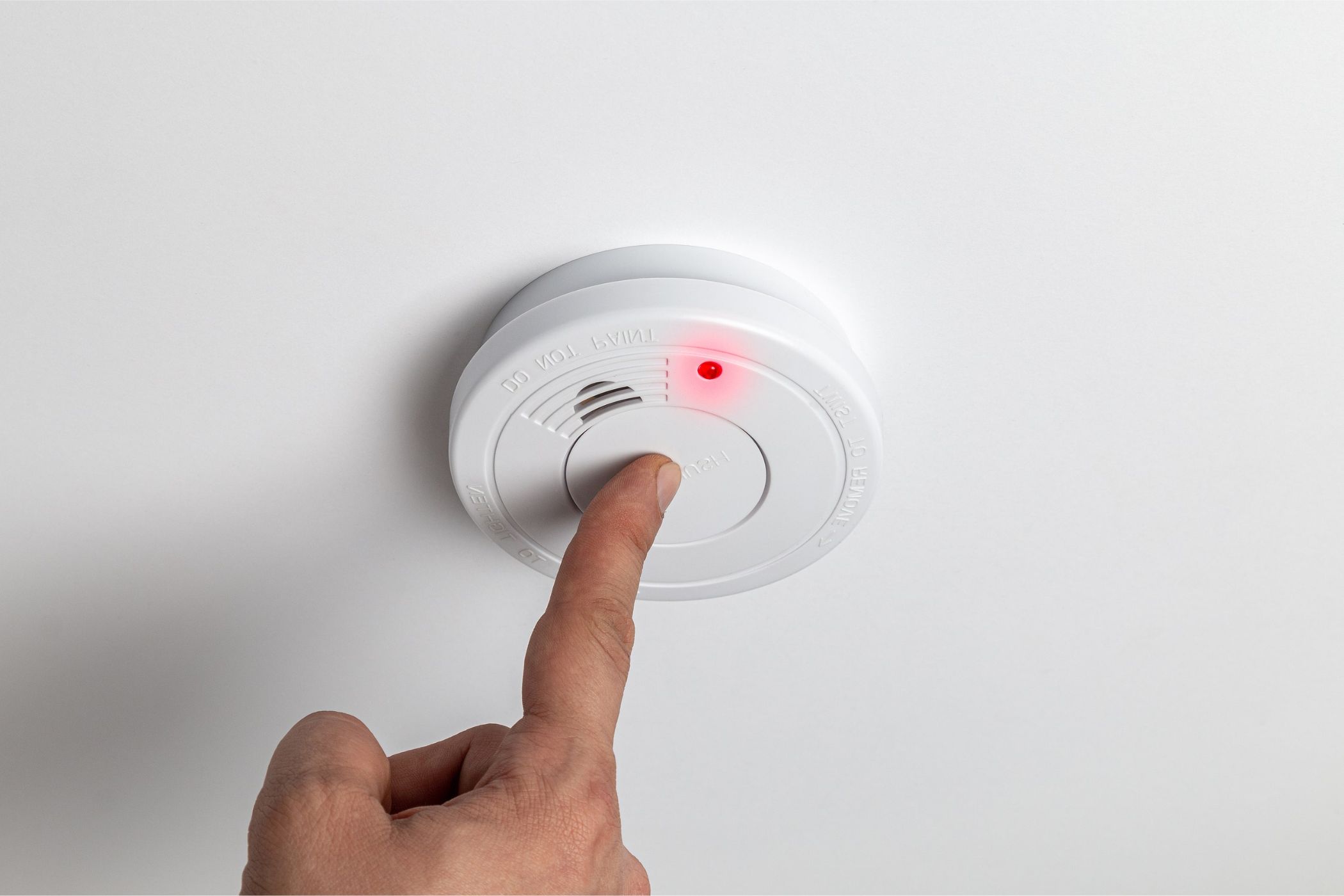
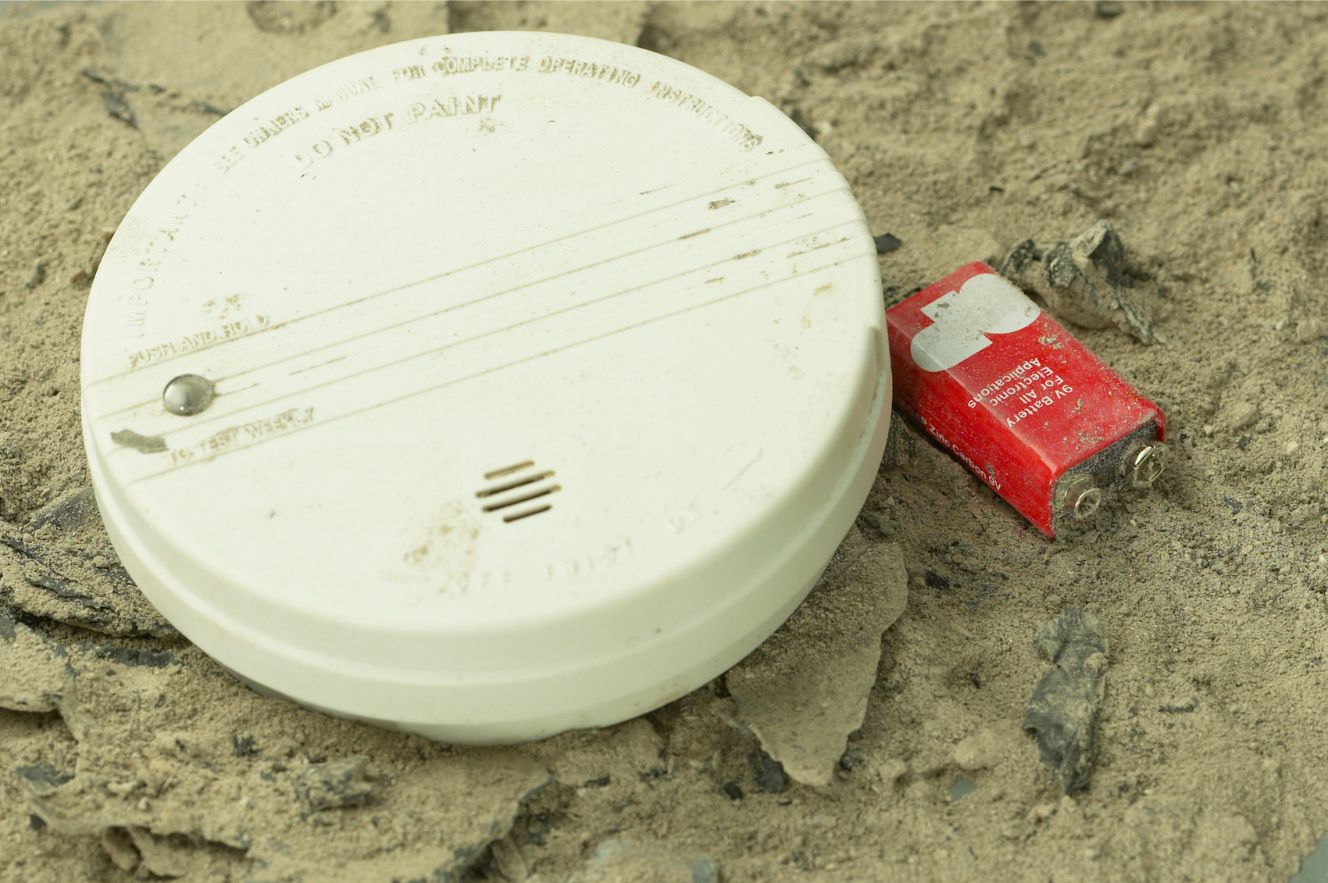
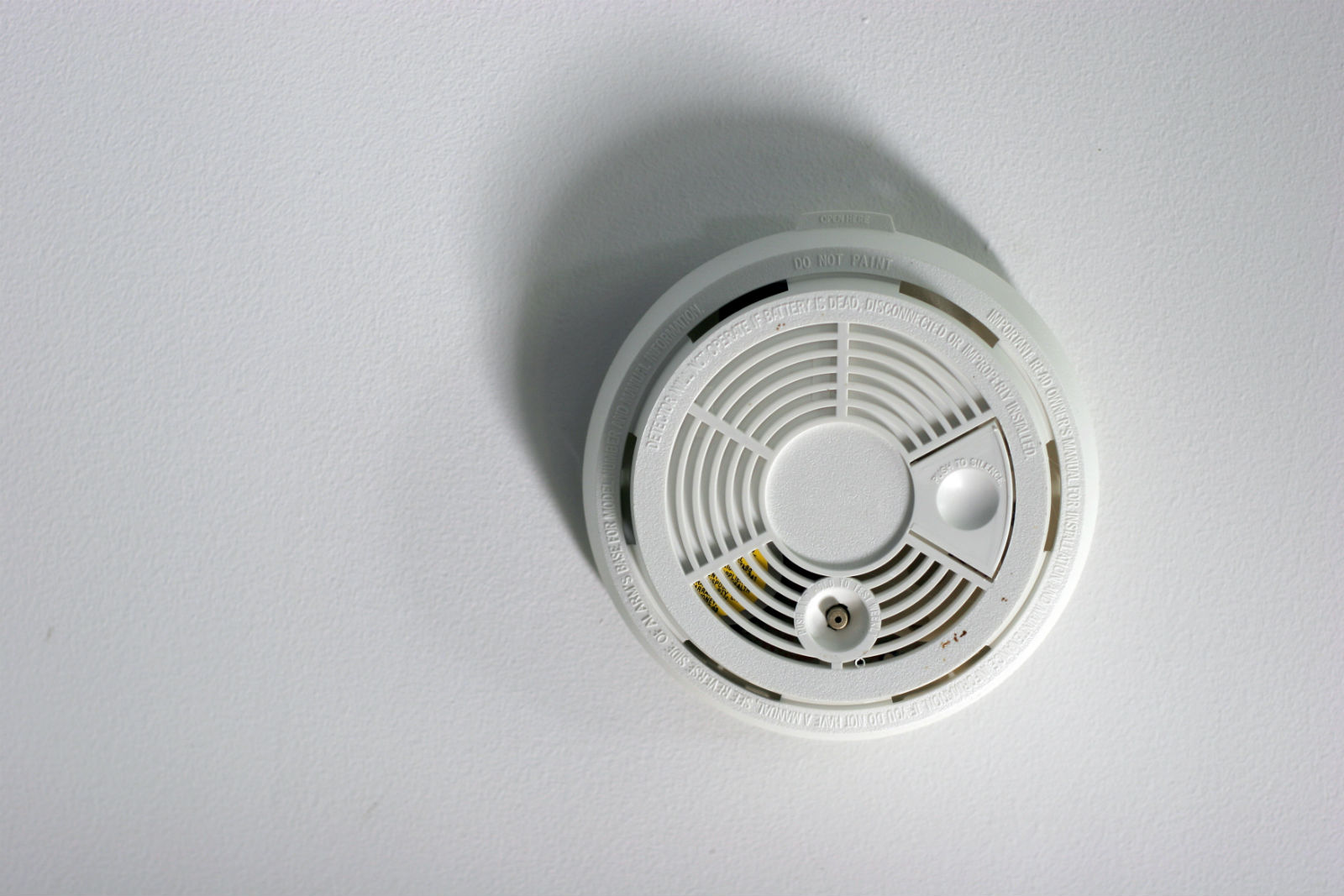
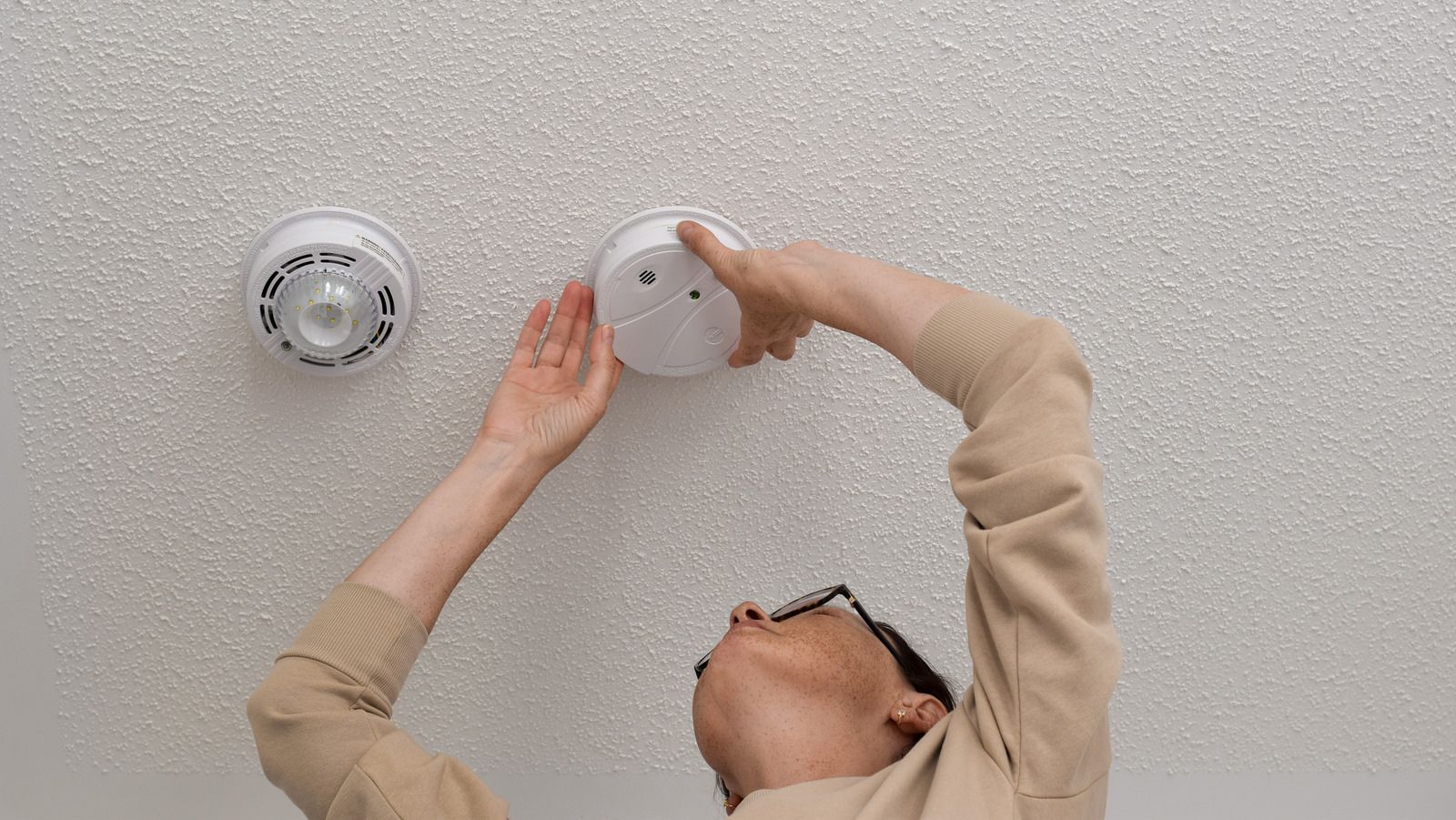
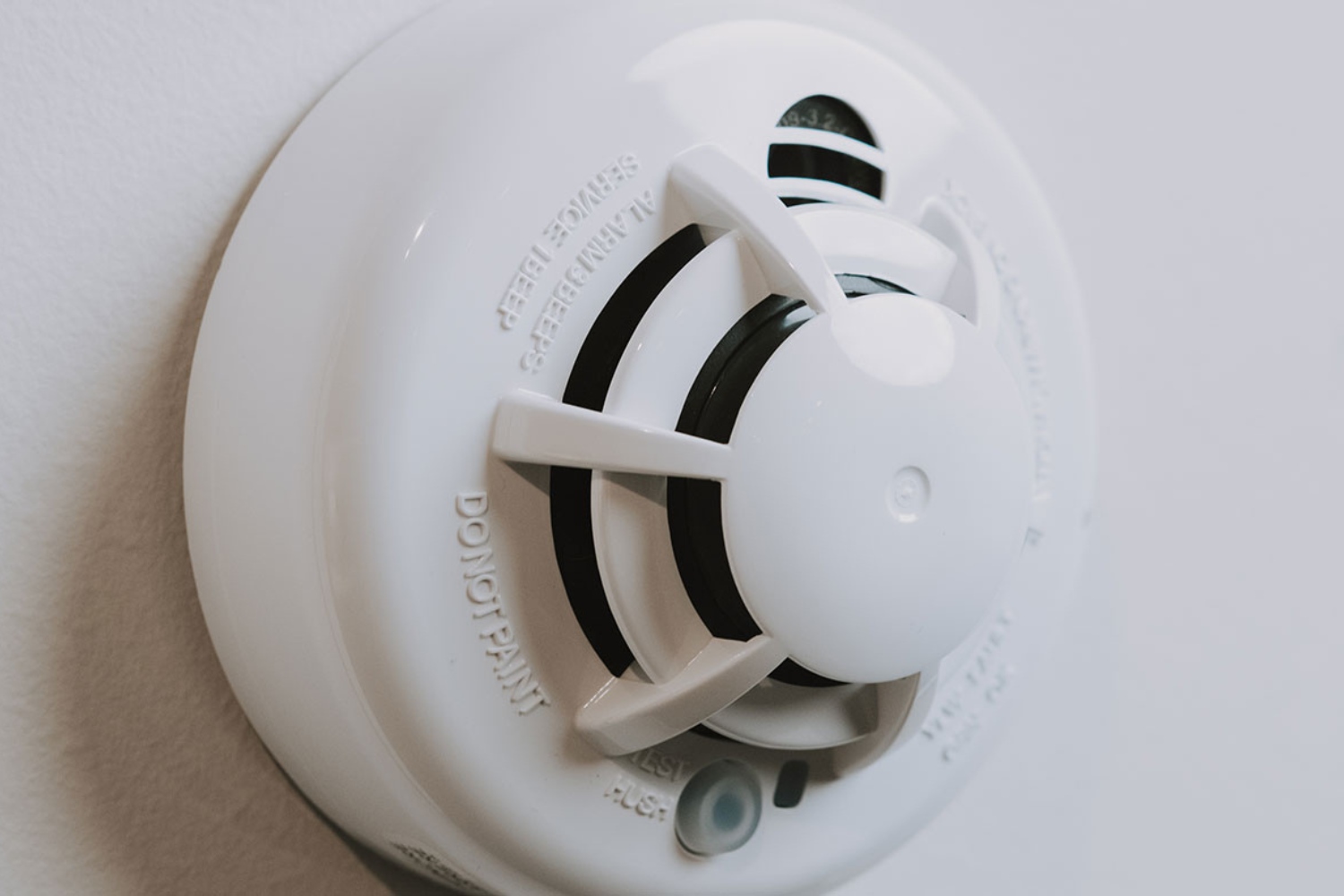
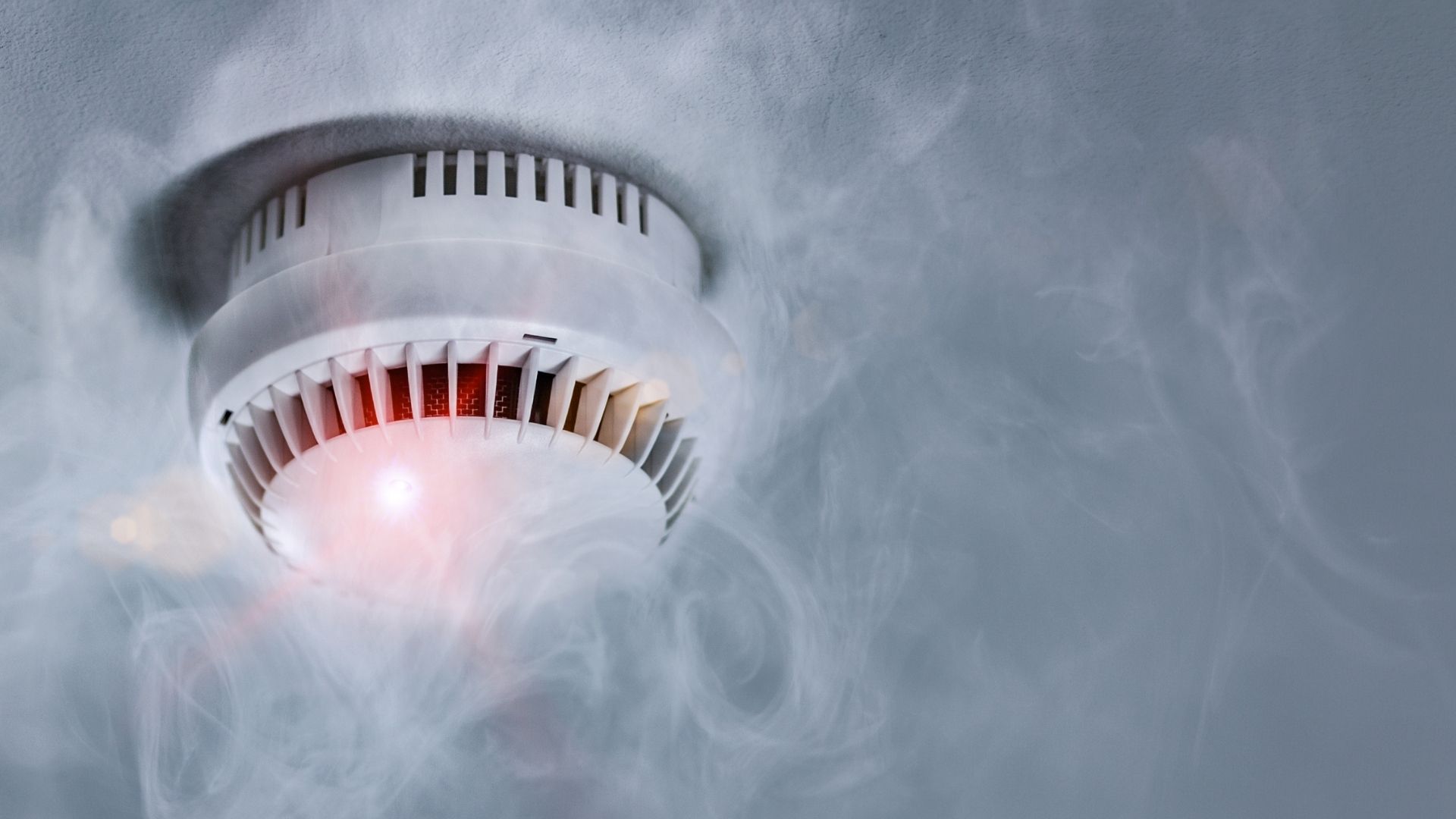
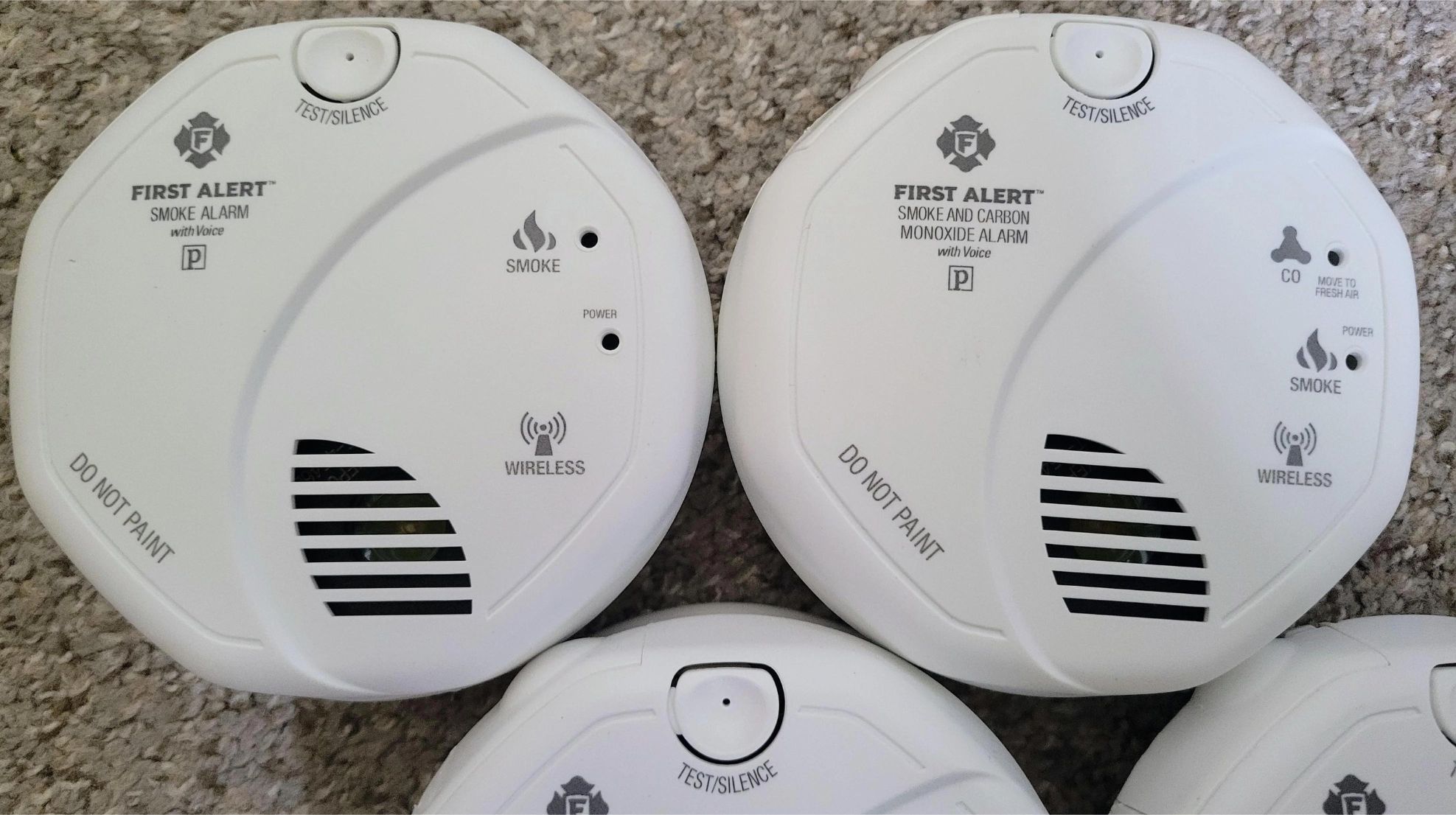
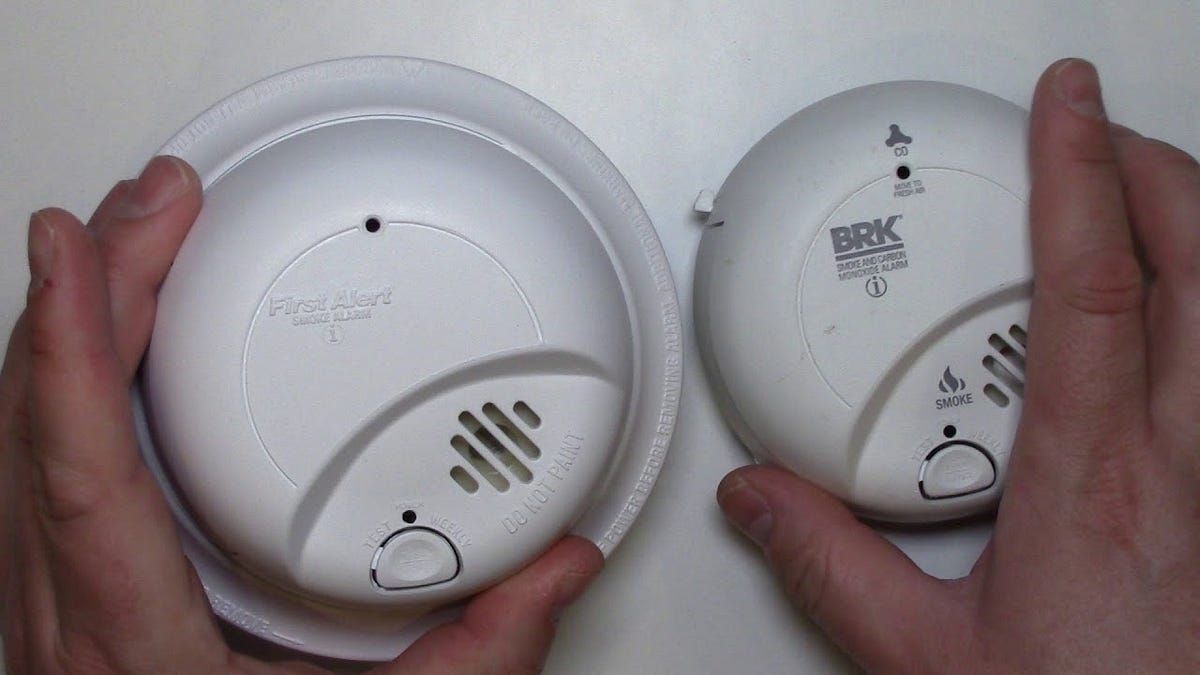

0 thoughts on “How Long Will A Smoke Detector Beep?”